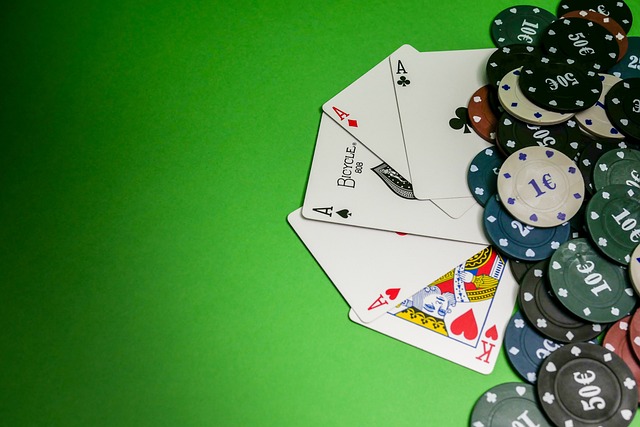At first glance, it might seem that poker and combat sports are as different as two games can be, but when it comes to strategy and approach, there are quite a few similarities. Each requires mental strength, the capacity to understand your rival and technique in order to win the game. Just as in combat sports, poker players have to try and guess what their opponent is likely to do next, bluff when necessary and learn when to put everything on the table and when to hold back. It is not a matter of power or having the most powerful cards but strategy, strategy in time and strategy in the mind. Using people and circumstances in a way that benefits oneself is a quality that carries over well from one profession to the other.
Bluffing and Feinting
Among the most apparent similarities between poker games such as Coin Poker as well as combat sports is the role of deception and specifically bluffing In poker, there is deception in which a player tries to make the other player or players believe that he or she has a stronger or weaker hand than he or she actually has. In the same way, in combat sports like the UFC, fighters employ fakes to lure out their opponents’ responses, thereby setting up opportunities to deliver genuine offense. Bluffing in poker and feinting in the martial arts are about deception, timing and reading the opponent’s mind. Understanding how to manage your opponent and control or at least predict his actions is a significant factor that determines the result of the game in both games.
Reading Opponents
In poker, as well as in combat sports, a key to victory is the ability to understand the actions of rivals. In poker, a player will try to observe the betting habits of the other players and their facial and physical gestures to try and work out what they are holding. Fighters, for instance, never attempt to make predictions about the actions of their adversaries, but rather, they observe their adversaries’ movements and their patterns of behavior. Whether you are at the poker table or in the ring, knowing the psychological makeup of your opponent and how to counter it is the name of the game. It is the ability to pick up on the signals and come up with methods on the spot that make the difference between winning and losing.
Endurance and Mental Fortitude
Poker tournaments and combat sports can be very long and demanding, both mental and physical endurance of participants is tested. In poker it is all about being focused, being able to make the right decisions even when feeling tired and not letting feelings take over. In combat sports, mental stamina is just as important because the fighters will have to keep a clear head and follow their strategy while fighting through fatigue. Both arenas challenge the participant’s strength of mind as much as they do his muscles. For instance, no matter how talented or trained a player or a fighter is, they may crumble under pressure if they do not have mental stamina.
Patience
Both poker and combat sports require the player to exercise a lot of patience. In a poker game, players are forced to wait for the proper time and the right card combination to make an aggressive move since an aggressive approach at the improper time can cause a player to lose. In combat sports, it takes a certain kind of skill to know when to attack and when to counter, when to hold back and when to unleash the full fury of the storm. This combines the patience aspect of the game with the aggressive aspect required in both games of skill. The most successful are those who understand the art of waiting and the art of striking and when to do each.
Calculated Risks
The two are similar in the sense that poker and combat sports are games of risk. In poker, it is important to know the chances of one’s hand against the possible gains of a large bet, knowing that sometimes the greatest triumphs are achieved by taking risks at the right time. In combat sports, the fighter always has a choice to take a potentially dangerous strike or wait for a better chance to strike. This skill of being able to handle the element of risk and make timely and appropriate decisions is relevant in both worlds. Risk management is an art and identifying the right time to grab an opportunity is a matter of success and failure.
Training the Mind
As in poker, discipline is crucial in combat sports. Poker players learn game theory, try to understand their opponents and develop their strategies. Fighters, as a rule, train every day, improving their physical and combat abilities, as well as their psychological readiness for the fight. Poker and combat sports are both very much psychological and the best of the best are usually very disciplined and work very hard to hone their skills and stay that way. This kind of preparation in terms of discipline leads to confidence and assertiveness in the course of competition.
The Thrill of the Competition
Poker and combat sports are games where the main idea is to compete, to feel the adrenaline and to try to outsmart the rivals. When it comes to the drama of the game, whether it is the tension in a poker face or the thrill of the fight, both games provide that edge-of-the-seat experience. Strategy, talent and triumph; are some of the key factors that make poker and combat sports interesting to those who have the desire to face their opponents. The motivation of learning to be the best and the feeling of triumph in a battle environment makes participants work harder and further to excel.

